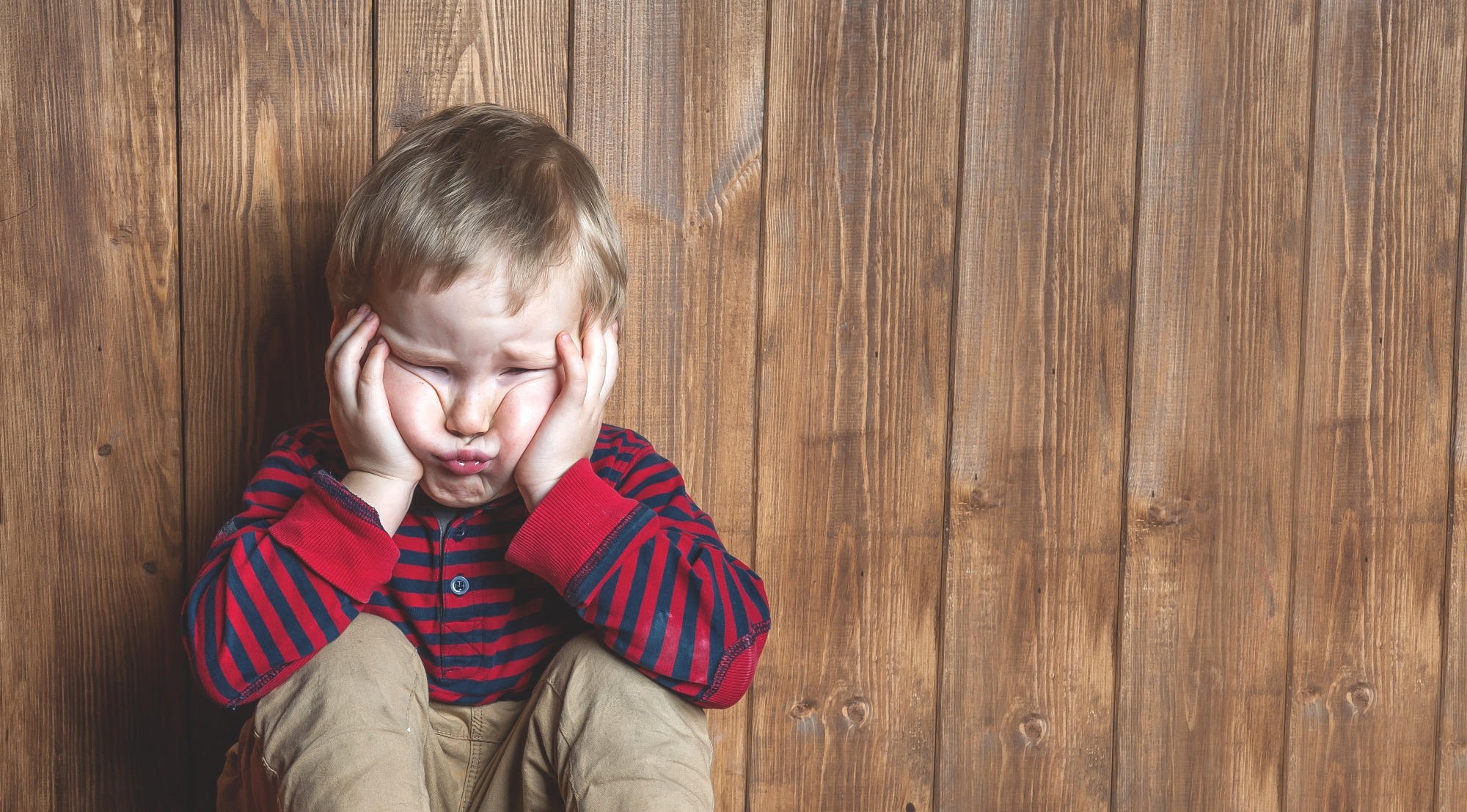Despite fears that pandemic stress would harm child development, new research shows toddlers actually displayed fewer emotional and behavioral problems, especially in families with lower maternal education, hinting at hidden resilience factors.
 Study: COVID-19 Pandemic Exposure and Toddler Behavioral Health in the ECHO Program. Image credit: Sharomka/Shutterstock.com
Study: COVID-19 Pandemic Exposure and Toddler Behavioral Health in the ECHO Program. Image credit: Sharomka/Shutterstock.com
A new study published in JAMA Network Open reports that exposure to the coronavirus disease 2019 (COVID-19) pandemic was associated with fewer, not greater, reported emotional and behavioral problems in toddlers, rather than significantly worsening their behavioral health.
Background
The COVID-19 pandemic has burdened the health and economic systems across countries and significantly impacted family and social dynamics. Both family and social environments play a substantial role in shaping a child’s health and well-being, as childhood is a period of heightened brain plasticity and sensitivity to environmental influences. This raises a concern about possible behavioral changes in children following the pandemic exposure.
Existing evidence has linked the COVID-19 pandemic with increased psychological distress in younger and older adults. However, studies investigating the impact of the pandemic on childhood behavioral changes have produced mixed results. Some studies have reported higher problem-solving and fine motor skills and lower personal-social skills in pandemic-exposed children. In contrast, some reported no significant impact of the pandemic on children’s internalizing and externalizing problems.
Given these discrepancies in findings, the current study aimed to investigate the impact of the COVID-19 pandemic on internalizing and externalizing problems in toddlers. Internalizing and externalizing problems are emotional (anxiety, depression, and withdrawal) and behavioral (aggression, hyperactivity, and rule-breaking) problems that can significantly impact a person’s mental health and social functioning.
Study design
The study analyzed data from the Environmental Influences on Child Health Outcomes (ECHO) program, which recruits children from multiple US regions and Puerto Rico with diverse geographical and sociodemographic backgrounds.
This study included 3438 toddlers, who were divided into three groups: the prepandemic group, the pandemic-assessed group, and the pandemic-born group. The prepandemic group toddlers were born and assessed before the pandemic; the pandemic-assessed group toddlers were born before the pandemic but assessed during the pandemic; and the pandemic-born group toddlers were born and assessed during the pandemic.
A widely validated caregiver-report tool was used to assess emotional and behavioral problems in toddlers, hypothesizing that pandemic-related stressors, such as family disruption, social isolation, and increased family stress, would contribute to increased emotional and behavioral problems in these toddlers.
Key findings
The study analysis revealed that toddlers who were born before the pandemic but assessed during the pandemic, or toddlers who were born and assessed during the pandemic, had lower levels of emotional and behavioral problems than their peers who were born and assessed before the pandemic.
These differences were more pronounced among children of mothers with less than a Bachelor’s degree compared with children of mothers with higher educational attainment. The authors emphasized that the protective pattern was significant only among the lower-education group, rather than demonstrating that these toddlers overall had fewer problems than those of more educated mothers.
Study significance
This study is one of the first to investigate these associations across diverse U.S. regions and Puerto Rico among three toddler groups differing in pandemic exposure.
A growing pool of evidence suggests that the impact of the pandemic on children’s mental health depends on family characteristics, such as socioeconomic status and parenting practices. Consistent family routines within households, such as regular playtime and family meals, have been found to reduce depressive symptoms in preschool children during the pandemic.
Although pre-pandemic studies have linked poor socioeconomic status with higher emotional and behavioral difficulties in young adults, studies conducted during the pandemic have reported greater emotional distress and life dissatisfaction in families with higher socioeconomic status than in families with higher financial hardship.
These observations and current study findings suggest that pandemic-related stressors do not necessarily contribute to more adverse neurobehavioral functioning in children.
Notably, the study finds that the associations between pandemic exposure and fewer emotional and behavioral problems were significant only in toddlers of mothers with lower educational backgrounds. The researchers interpreted this cautiously, suggesting one possible explanation that families with lower educational attainment may have experienced fewer lifestyle disruptions during the pandemic, which could have provided a relatively more stable caregiving environment.
However, a previous study conducted during the COVID-19 pandemic reported that mothers with some college or a 4-year degree experienced higher psychological distress than those with the least and highest educational attainment. This highlights the complexity of the association between education and pandemic stress and the possible contributions of other factors to these outcomes.
The study findings are based on caregiver-reported child behavior data, which may introduce judgmental errors due to parental mental health, biases, and expectations. The pandemic may have further influenced these perceptions, potentially leading parents to view behaviors as less concerning amid broader stressors.
The study included toddlers aged between 18 and 39 months. This narrow age range may restrict the generalizability of the findings to older children, who may have experienced more pronounced behavioral problems due to pandemic-related disruption in peer interactions, school attendance, and other social activities.
The study did not analyze parental mental health or specific pandemic stressors, such as health concerns, financial crisis, social isolation, or disrupted routines. These factors can potentially influence behavioral outcomes in children.
Despite these limitations, the study findings have significant public health implications, highlighting the need for identifying protective factors that may buffer the impact of the pandemic on child behavior.
Download your PDF copy now!